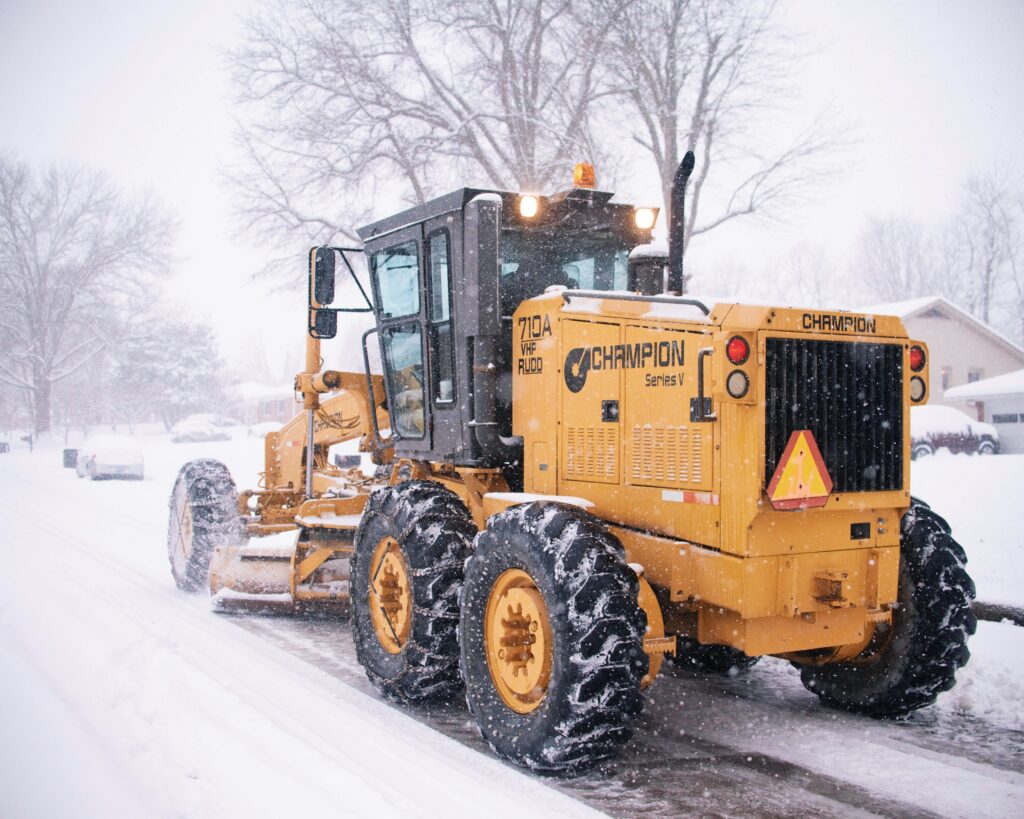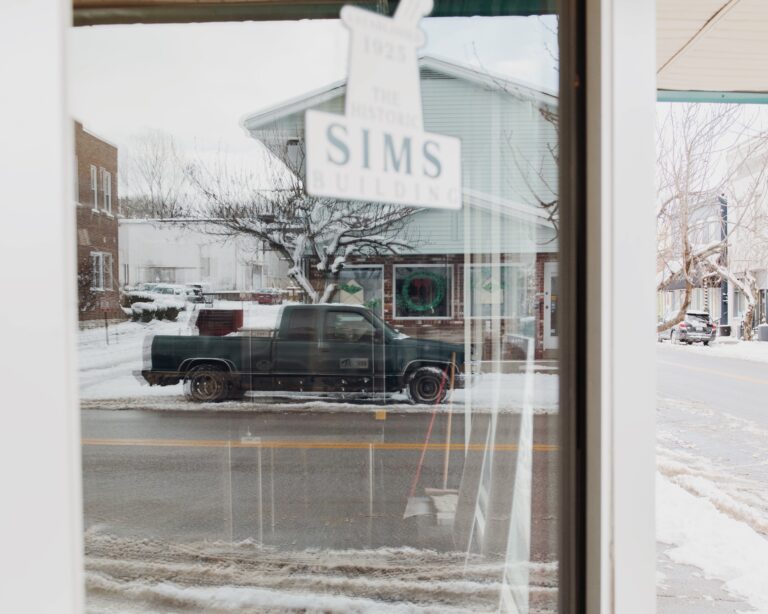I’m from South Dallas, the antithesis of a walkable community. So, imagine my shock when I moved to Wilmore three years ago and found myself living in a town that is actually walkable. I felt like I was stepping into the “Gilmore Girls” cinematic universe. I had my very own Stars Hollow called Wilmore, where instead of Luke’s Diner, there is Solomon’s Porch and Drinklings.
Despite my enthusiasm and excitement about finally living in a walkable community, I didn’t start walking it until very recently. Why? Because I was always too busy… or at least that’s what I told myself.
And that is the issue; I was convinced that I didn’t have time to actually live, so I operated as a machine.
The first time I actually walked down Main Street was January of my freshman year, during the first snow of my college career. As a photographer, I was desperate to go around town and photograph the snow. However, as a native Texan, I will never be found driving in snow; that’s a disaster waiting to happen.
So, I walked. It was during that very first walk that I felt a sort of stillness you never really find except for when it snows.

This past week, it snowed again for the first time since freshman year, and I found myself walking again. A couple of days throughout the week, our campus coffee shop, the Hiccup, had a delayed opening due to the snow. So, I made my way early and often to the only other coffee shop in town, Drinklings. In four days, I have walked down Main Street to that sacred coffee shop five times, yet somehow managed to drink only one cup of coffee. Listen, I’m notoriously bad at math, but I don’t think even the STEM majors could figure that out.
The walk from my apartment in Aldersgate to Drinklings only takes eight minutes, but that’s eight minutes in which my mind can wander wherever it wants.
Each time, I came back to the same thought: the Industrial Revolution was one of the worst things to ever happen to humanity (I’m a history major, okay? Give me a break). Now, it certainly has benefited us in countless ways, but it has also destroyed our collective psyche and our earth.
One study published by the Journal of Personality and Social Psychology examining the psychological impact of the coal industry found that in “the Rust Belt in the U.S., people reported more unhappy personality traits, lower life satisfaction, and lower life expectancy than otherwise similar regions where these industries did not dominate.”
Because of the Industrial Revolution, people were no longer individual persons. Instead, we’re just another gear in the massive machine that propels greed and consumerism to overcome everything. Suddenly, we had a globalized economy that was obsessed with efficiency and profit, and it didn’t matter that oil was being pumped into rivers or that our air was infused with toxins.
There has been significant reform in the States in the past 140 years, and for that, I am grateful. Still, this business model of profits over all else is a disease that has infected our culture.
Why do I drive less than half a mile down the road to my favorite coffee shop when I really prefer to walk? Because I’m subconsciously obsessed with efficiency, and apparently, I’m convinced that the six minutes I save driving rather than walking will ensure that I don’t miss any of my deadlines.
When I drive, my mind is plagued with a false sense of urgency, and all I can think about is what needs to be accomplished. I find myself focusing on the next few hours of my life while completely overlooking the moment right in front of me. When I walk, however, I get to really see my town. Soon, I will learn what it looks like when the snow is melting, and in just a few months, I will be reminded of the flowers as they begin to bud on the trees. By May, I will know my town dressed in white–both of snow and then of the dogwood’s flowers.
So much of life is the observation of seasons, both within our own lives and in the world around us. To see and know the spaces around us is to enter into what J.R.R. Tolkien understood and described as the “endless interchanging melodies woven in harmony.” Through seeing, we enter into the symphony of our surroundings.
My worry is simply that as we continue to subconsciously operate in this blinding cycle of productivity, we are becoming more like machines and less like human beings. In doing so, we are encouraging the prosperity of a society that worships efficiency as its god. But I want to live in a world that really sees, so I will continue walking once the snow melts. And I hope you will join me in becoming a more perceptive people.
Featured image by Lena Overman.




